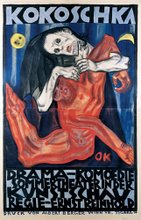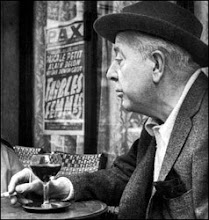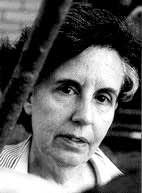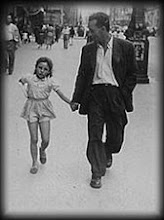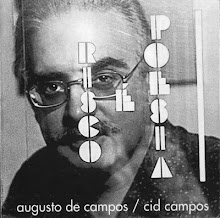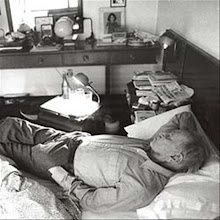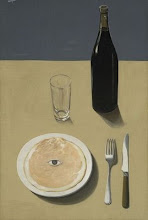In those gothic novels that are at one tales of terror, fear, and mistery, and political novels. They are always about the abuse of power and exactions, they are fables about injust sovereigns, pitiless and bloodthirsty seigneurs, arrogant priests, and so on. The gothic novels is both science fiction and politics fiction: politics fiction in the sense that these novels essentially focus on the abuse of power, and science fiction in the sense that their function is to reactive, at the level of the imaginary, a whole knowledge about feudalism, a whole knowledge about gothic - a knowledge that has, basically, a golden age. It was not literature and it was not the imagination that introduced the thmes of the gothic and feudalism at the end of the eighteenth century, and they were neither new nor renovated in any absolute sense. They were in fact inscribed in the order of the imaginary to the precise extent that the gothic and feudalism had been an issue in what was now a hundred-year-long struggle at the level of knowledge and forms of power. Long before the first gothic novel, almost a century before it, there had been arguments over what the feudal lords, their fiefs, their powers, and their forms of domination mena in both historical and political terms. The whole of eighteenth century was obsessed with the problem of feudalism at the level of right, history, and politics. And it was only at the time of the Revolution - or a hundred years after all that work had been done at the level of knowledge and the level of politics - that there was finally a taking up again of these themes, at the level of the imaginary, in these science-fiction and politics fiction novels.
Michel Foucault
1926 - 1984


![[...]](https://blogger.googleusercontent.com/img/b/R29vZ2xl/AVvXsEjeNC2Kyxd34r2LuofHe9-vdXHeHwG3_2NhVmIOTlK2moU0Q4R7taMlS8iMmQgEl1-NdaRsPrLdREzfQZYKfUgjslwLZUZe67dAfFBREu-YRx6WGX-vAUt5eJT4_-lFwT4dGzGCQQ/s220/11798115_858304687558226_1857652538_n.jpg)
